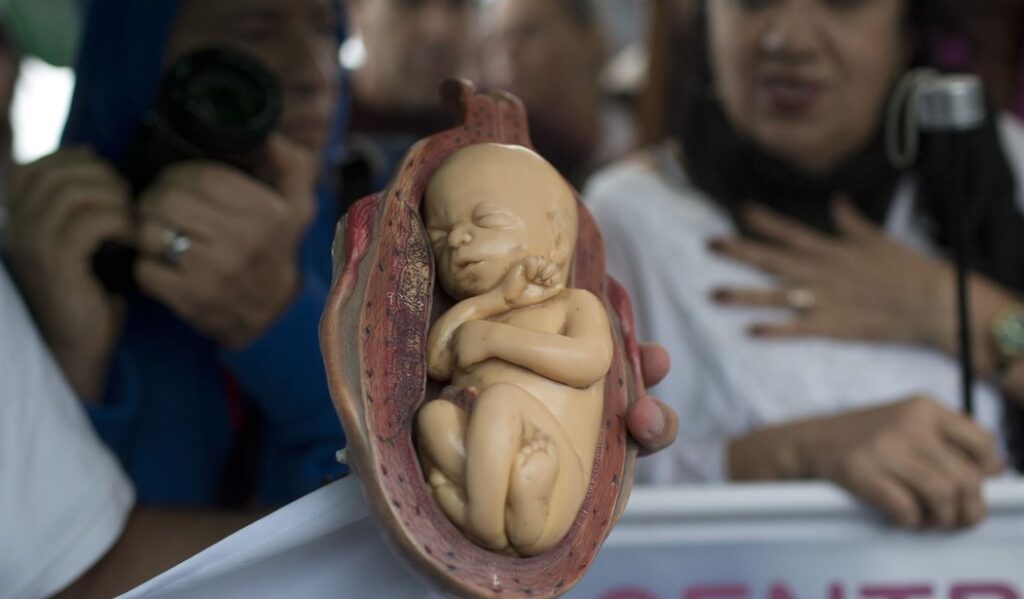Eugenics Compensation Bill Reintroduced in NC General Assembly
Wednesday marked the first working session of the North Carolina General Assembly and already a bill has been filed to compensate victims of North Carolina’s infamous, state-run eugenics and forced sterilization program, a representative for House Speaker Thom Tillis (R-Mecklenburg) confirms.
Last year a similar effort was pushed forward and found bipartisan support in the House and was enthusiastically backed by then-Governor Bev Perdue (D). However, the effort was thwarted when the State Senate refused to include the compensation in the state’s annual budget. At the time, Speaker Tillis was quoted as saying that if North Carolina could not pass eugenics compensation he would see it as a “personal failure.” He added, “It’s something that I’ll continue to work on.”
Under the current bill, sponsored by both Democratic and Republican lawmakers, each victim would receive a tax-free payment of $50,000 in compensation. A $10 million fund has been set up by the Department of the State Treasurer, according to a press release by Rep. Susi Hamilton (D-New Hanover).
The persistence with which these lawmakers are seeking justice is admirable. Those for whom they are seeking reparations are not the powerful or the strong. The victims of North Carolina’s eugenics program were taken advantage of by their own state when they were young and defenseless. Now the few victims who are still alive must face their old age without the comforts of children or grandchildren and with a lifetime of memories tarnished by the actions of the North Carolina Eugenics Board.
Between 1926 and 1974, the North Carolina Eugenics Board directed the coerced sterilizations of an estimated 7,600 people. North Carolina once thought that it was serving humanity and the “purity” of the race by investing in cutting these young people off in their prime and preventing them from having children.
Of course, North Carolina is not the only state with such a dark past. Eugenics cast a dark shadow over the 20th century in the United States. At least half the states in the Union have had programs similar to North Carolina’s whereby certain people who were deemed unfit to procreate by the government were either forced or cajoled into being sterilized for the sake of “racial betterment.” However, it was most often the poor, the undereducated, the physically or mentally disabled, and minorities who were targeted by these programs. Among the worst was California, where 20,000 people were forcibly sterilized between 1906 and 1963.
The eugenics victims of North Carolina have already been greatly wronged. They have lived with the consequences of the vile actions of others every day of their lives. If the state of North Carolina has the opportunity to attempt to make up for the gross indignity that their own citizens have endured, it should take it, and see to it that they live out the rest of their lives in peace and justice. Other states involved in such programs should consider doing likewise – and promptly.

























